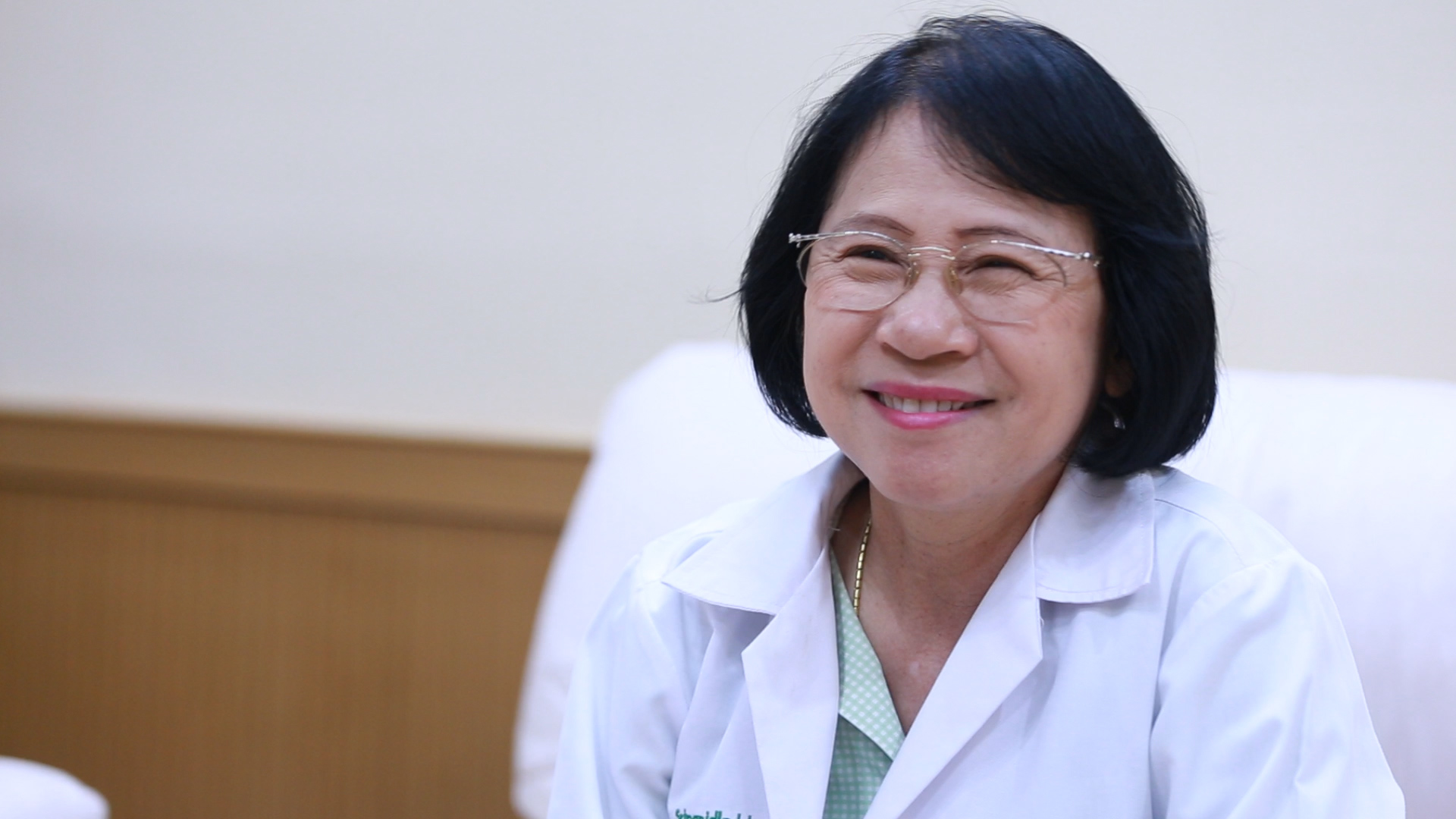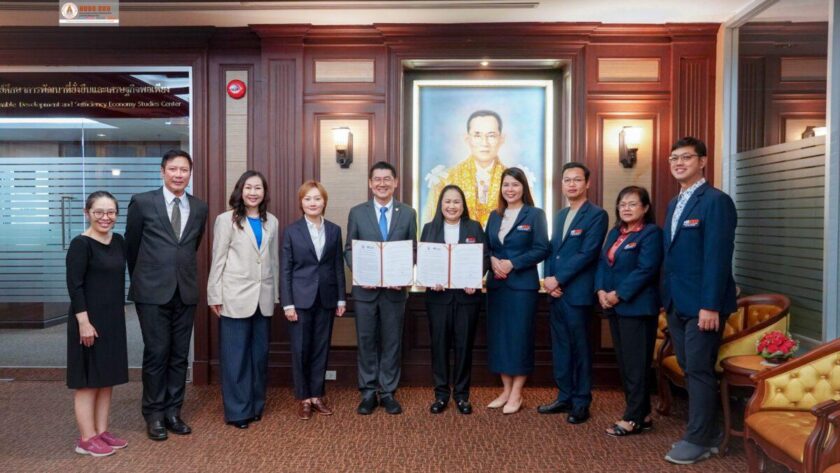KKU signs MOU with the Government Pharmaceutical Organization for doing research and developing medical cannabis extract, and rectal suppository is a great success under the MOU framework aimed for patients with physical incapacity
According to MOU signed on July 12, 2019 between Khon Kaen University (KKU) and the Government Pharmaceutical Organization (GPO) for doing research and developing medical cannabis extract, KKU has developed medical cannabis extract products that work effectively and are proper for different kinds of illnesses. Rectal suppository is another great success under this framework – that is, the suppository can help patients who have physical incapacity with alternative medical administration. In fact, this administration is widely accepted in many countries, but many Thai people are not familiar with it.

Prof. Bungorn Sripanidkulchai, from Faculty of Pharmaceutical Science and a member of the Committee for Research and Development of Cannabis for Medical Purposes of Khon Kaen University said Thai people were more familiar with oral medications that rectal suppositories. It was reported that cannabis extract oil had been applied per rectum but the oil couldn’t pass through properly. Thermosensitive cannabis suppository was therefore interesting because it could help patients who couldn’t take medicine orally such as very young patients, patients having cancer, and patients easily choking.
“Thermosensitive suppository is a form of pharmaceutical technology that we used. The suppository is sensitive to body or environmental temperature. A tube that looks like a small syringe will contain liquid at room temperature. The lubricant is needed when the suppository is inserted into the rectum. Then the body temperature will increase a little bit, and liquid in the tube will became gel-like. The medicine in this liquid will be released gradually, so the chance that the liver will change the substance is relatively low comparing to taking orally. The chance the body receives THC and CBD is also low, so psychoactive effects are less likely to occur,” said Prof. Bungorn.
Moreover, cannabis extract suppository can control the dosage of important substances while cannabis oil extract is still unclear. The next step is to wait for the GPO’s approval, test purified and uncontaminated extract on human, and wait for the cannabis grown by Faculty of Agriculture, KKU.
“As far as I know, the cannabis products in other countries haven’t been produced as suppositories, so our success can be called innovation. It’s possible that the cannabis suppository will be ready in 2 years. We are proud to be part of cannabis development for Thailand especially for medical, agricultural, and economical benefits,” said Prof. Bungorn.
KKU has developed 9-10 tyes of cannabis extract products. Besides thermosensitive suppository, the GPO is also interested in 1. oral films or sublingual tablets that are similar to cannabis extract oil but can control the dosage better, and 2. topical patches that are produced by advanced pharmaceutical technology and release important substances into blood system like what oral medications do.
According to Narcotics Act B.E. 2522, cannabis was in category 5 of narcotic drugs. However, on August 31, 2019, the website of Royal Thai Government Gazette announced that cannabis had been removed from category 5 of narcotic drugs. CBD (99% pure) is not considered as narcotic drug, and it can be used with food as well as cosmetic products. Crude extract with THC lower than 0.2% can be used for medical purposes and is considered as herbal product. It is a good opportunity that many organizations can work with the GPO and making MOU for doing research and developing cannabis for medical uses so that the innovation can provide other options to Thai people in the future.
[rl_gallery id=”4591″]
[ Thai ]





